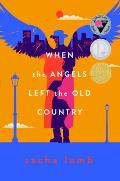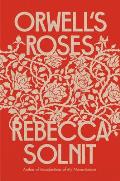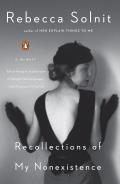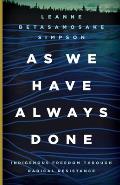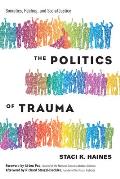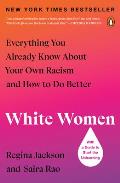
Subtitle: With a Guide to Start the Unlearning
Recommended to me by: Third Eye Books giveaway
On International Women’s Day in March 2023, I heard that Third Eye Books was giving away an anti-racist book for white women. I clicked on the link to receive one. After a few weeks, I realized it never arrived and looked back at their website. They had received 50,000 orders! I thought they would only send books to the first few (hundred) people who ordered, but just in time for Juneteenth 2023, the book arrived.
From the introduction:
“Race2Dinner was founded in 2019 as a dinner experience with Regina Jackson, a Black woman; Saira Rao, an Asian woman; and eight-to-ten white women. […] These dinners require white women to participate in direct, difficult conversations. It is not for the faint of heart.”
The preface speaks directly to white women.
“You know what you’re doing. But you pretend not to. […] So yes, we’ll explain to you how you’re racist. Even though we’re pretty sure you already know, whether you’re ready to admit it or not. […]
“White men may be on the throne. But you white women are shining it, fluffing the cushions, catching the coins that fall from their laps. […]
“YES. ALL. WHITE. WOMEN”
I kept reading with my eyebrows raised. A whole book of being yelled at did not sound pleasant or educational, no matter how true or justified the message. After the extended preface, the book shifts to tell the story of several of their dinner parties, and the way the conversations get derailed the same way over and over, all over the country. No wonder they’re yelling.
Saira Rao describes growing up as the daughter of Indian immigrants in a white community, aspiring to the perfection that white womanhood requires, but undermined from the start by her brown skin. The need for perfection and the endless backbiting and judgment undermine the white women around her as well. Anti-racism is only possible when mistakes are allowed, because unlearning racism and white supremacy is a difficult, mistake-ridden process.
White fragility, white tears, white allies, white saviors, white violence. They emphasize that silence is violence. Silently witnessing racism makes us an accomplice to it. We need to stand up and name what we see and speak against it, even though we are shamed and punished for breaking step with white supremacy.
Recommended as a refresher if you have already done a lot of anti-racist work. I don’t think this book would be palatable to someone just starting out.

